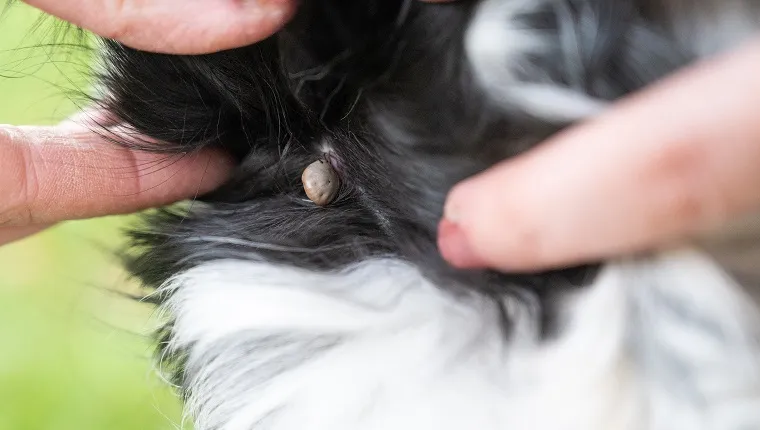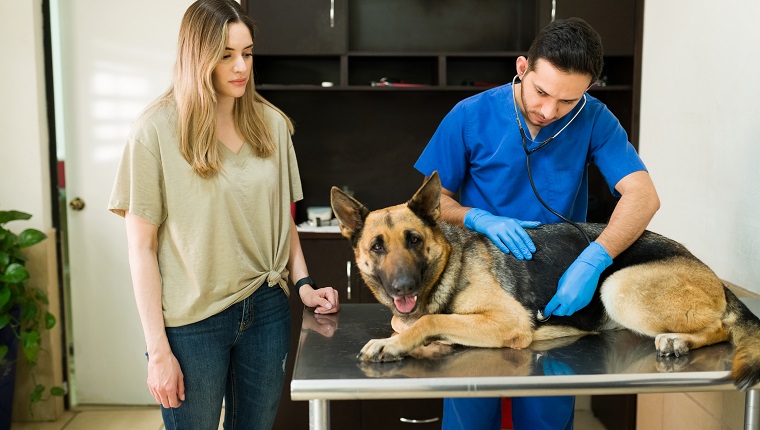Bartonella infection is a disease that spreads to dogs by insects, including lice, fleas, and ticks. It is a relatively emerging disease that can also transmit to cats and humans, with cases affecting the latter often known as Cat Scratch Disease.
In general, due to the way the infection spreads, dogs who spend a lot of time outdoors and in environments where ticks dwell have the highest risk of infection.
If you see signs that your canine might be suffering from an infection, then you must consult your veterinarian for a proper diagnosis and course of treatment. Here’s what you should know about the symptoms, causes, and treatments of Bartonella infection in dogs.
Symptoms Of Bartonella Infection In Dogs
Bartonella infection in dogs can result in a range of symptoms. Some of the most common symptoms include:
- Fever
- Inflamed eyes, nose, and lymph nodes
- Acting lame
- Nose bleeds and discharge
- Diarrhea
- Coughing
- Vomiting
Causes Of Bartonella Infection In Dogs

Bartonella infection in dogs frequently spreads via insects, including ticks, fleas, lice, and sand flies.
Dogs who spend time in outdoor situations in rural areas have a higher likelihood of catching the infection, especially hunting and working dogs.
Veterinary Treatments
If you suspect that your dog might have a Bartonella infection, then your vet will carry out a full physical examination. They’ll order a complete range of laboratory tests, including analysis of blood and urine.
Non-typical levels of liver enzymes often indicate a potential infection.
When it comes to treatment, vets often prescribe antibiotics to attempt to cure the disease; although at the time of writing, there is no accepted antibiotic that has proven definitively effective against the infection.
Some of the medications that vets have tried out to battle the infection include amoxicillin, doxycycline and enrofloxacin.
In general, the best way to protect your dog from an infection is to limit their access to areas that might house insects like ticks and fleas.
Additionally, if a human is bitten by a dog who has tested positive for the infection, they should consult a doctor straight away.
Has your dog ever contracted a Bartonella infection? How did they recover? Tell us all about it in the comments below.









